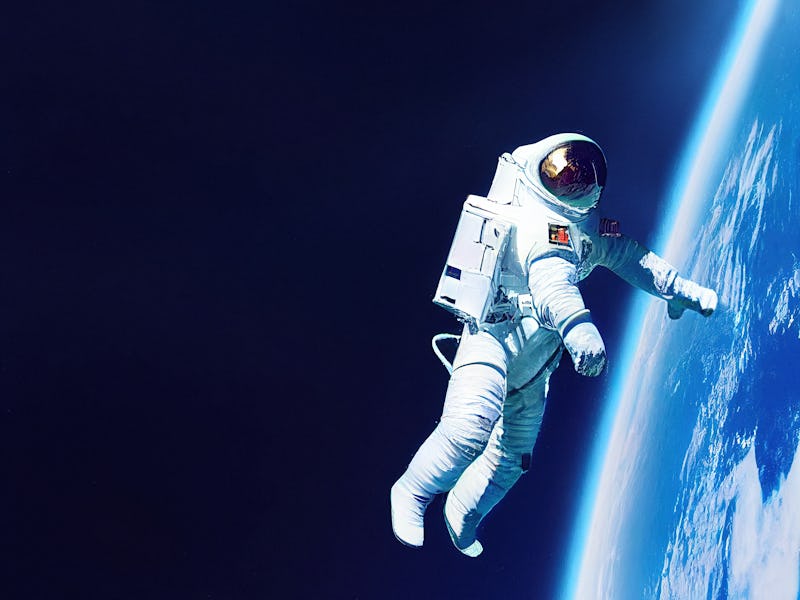Even short space trips could lead to cancer and heart disease
Scientists are only beginning to understand how interplanetary voyages affect human health.

Spaceflight can be dangerous — and not just because astronauts are strapped to an ongoing massive explosion for their ascent into orbit. Its long-term effects on the human body are starting to come more clearly into focus, and so far, none of the answers have been good.
Now, a new study from Mount Sinai Medical Hospital has found that, even on relatively short-duration spaceflights, astronauts suffer potentially damaging DNS mutations.
What’s new — The study, published in the August edition of Nature Communications Biology, was conducted on 14 astronauts that flew on shuttle flights from 1998 to 2001. These astronauts, the overwhelming majority of whom were men, with an average age of 42, had their blood drawn before their shuttle flights and then again right after.
Scientists have used these blood samples for the last twenty years, and this new study utilizes them and the dramatically improved DNA sequencing technology that the previous two decades have brought us.
Longer missions, such as those to Mars or even a permanent based on the Moon, could lead to much more damaging effects that have yet to be studied.
What the researchers found in these old blood samples are known as somatic mutations in the hematopoietic system, where blood cells are formed. Somatic mutations are mutations that happen to a person during their life but don’t affect their egg or sperm cells, meaning they won’t be passed on to the next generation.
In this particular instance, the mutations they found were associated with a disorder called clonal hematopoiesis (CH), where more blood cells come from one specific clone.
That doesn’t necessarily cause immediate alarm. In fact, CH doesn’t usually have symptoms associated with it. However, it indicates an increased risk factor for cardiovascular disease and blood cancer. And the somatic mutations the researchers found in the astronaut’s DNA were similar to those caused by ultraviolet radiation or specific chemicals.
Even more concerning, the most frequently changed gene was one responsible for producing a tumor-suppressing protein and is commonly associated with acute myeloid leukemia. Even this change was below the standard threshold that doctors use to actually diagnose someone with CH.
Why it matters — But these astronauts were only in space for an average of 12 days. Longer missions, such as those to Mars or even a permanent based on the Moon, could lead to much more damaging effects that have yet to be studied.
There have already been plenty of studies of Mark and Scott Kelly, two twin astronauts who acted as a controlled pair to study microgravity and spaceflight’s effects on the human body. The effects do not appear to be good.
NASA video discussing the health limits of radiation. Credit – NASA Video YouTube Channel
And the CH gene change wasn’t the only problem found in the shuttle astronauts either. There was a surprisingly high amount of mitochondrial DNA floating in their bloodstreams, which can lead to inflammation problems.
All of these issues point to the difficulty of the human body in dealing with spaceflight. None so far are red flags, but they certainly seem worth keeping an eye on while we restart our human exploration of the solar system.
This article was originally published on Universe Today by Andy Tomaswick. Read the original article here.
This article was originally published on